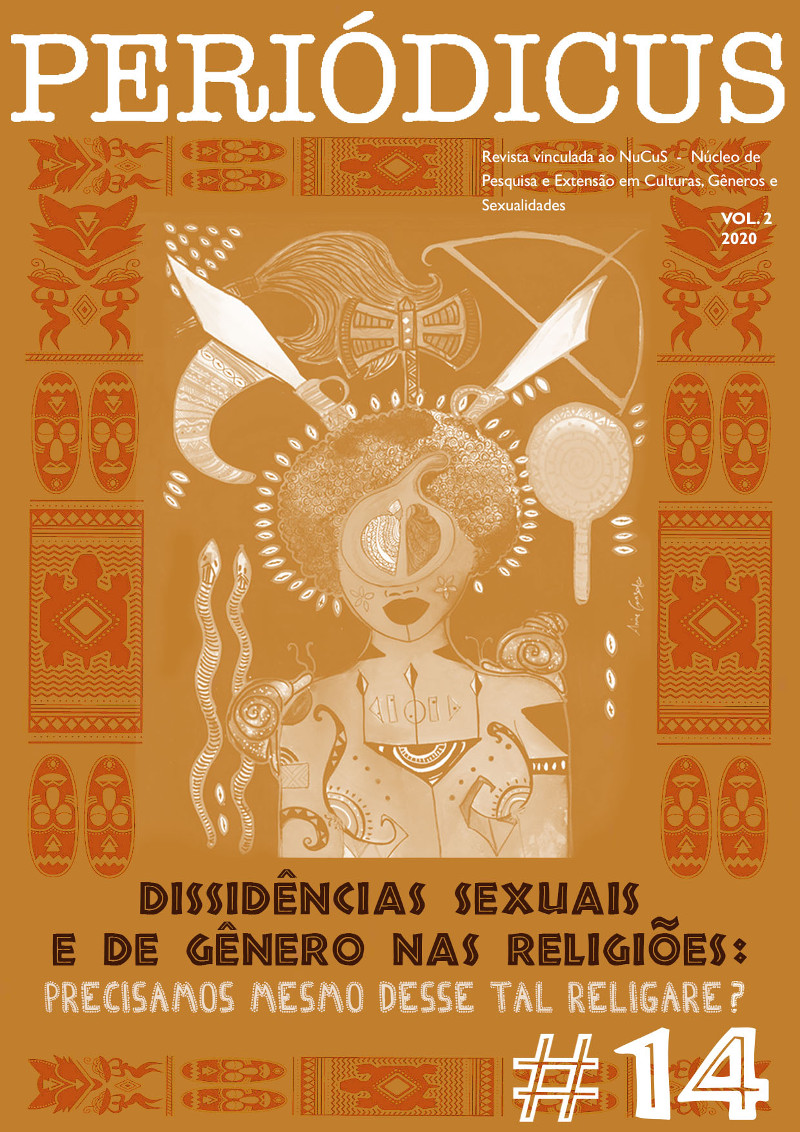“Com quantos quilos de medo se faz uma tradição?”: heteronormativity as part of social and affective relations and territorialities in the fraternities of Ouro Preto, state of Minas Gerais, Brazil
DOI:
https://doi.org/10.9771/peri.v2i14.31470Abstract
Abstract: In times of repression and loss of rights, our paper focuses on discussing heteronormativity regarding theuniversity fraternity environment in the traditional and historical city of Ouro Preto, state of Minas Gerais, Brazil. The city,
the house, and the street are not only geophysical, but also political, social and affective categories. Thus, these spaces
carry both sexually and morally normative devices, which also assume the heteronormativity (re)production. Can a
fraternity be “straight”? A delimited heteronormative space? What are the limits of sexual identity activation of these
private spaces? How is this activation negotiated and reiterated in an urban and student sociability context? In this paper,
these questions are addressed and deeply treated. First, we discuss the links between space occupation, and their territorial
identity construction, and the production of territorialities by relating heteronormativity and space. We also show actions to
illustrate how heteronormativity builds up sociability inside fraternity houses.
Keywords: Heteronormativity. Socioaffective relationships. Ouro Preto’s fraternity houses.
Downloads
Downloads
Published
How to Cite
Issue
Section
License
Copyright (c) 2021 Yuri Alexandre Estevão-Rezende, Marcus Vinicius Pereira das Dores

This work is licensed under a Creative Commons Attribution-NonCommercial 4.0 International License.
Authors who publish in this journal agree to the following terms:
Authors retain copyright and grant the journal the right of first publication, with the work simultaneously licensed under a Creative Commons Attribution Noncommercial License that allows the work to be shared with acknowledgment of authorship and initial publication in this journal, but prohibits commercial use.
Authors are authorized to enter into separate additional contracts for non-exclusive distribution of the version of the work published in this journal (e.g., publishing in an institutional repository or as a book chapter), with acknowledgment of authorship and initial publication in this journal.
Authors are permitted and encouraged to publish and distribute their work online (e.g., in institutional repositories or on their personal website) at any point before or during the editorial process, as this can generate productive changes and increase the impact and citation of the published work (see The Effect of Open Access).








